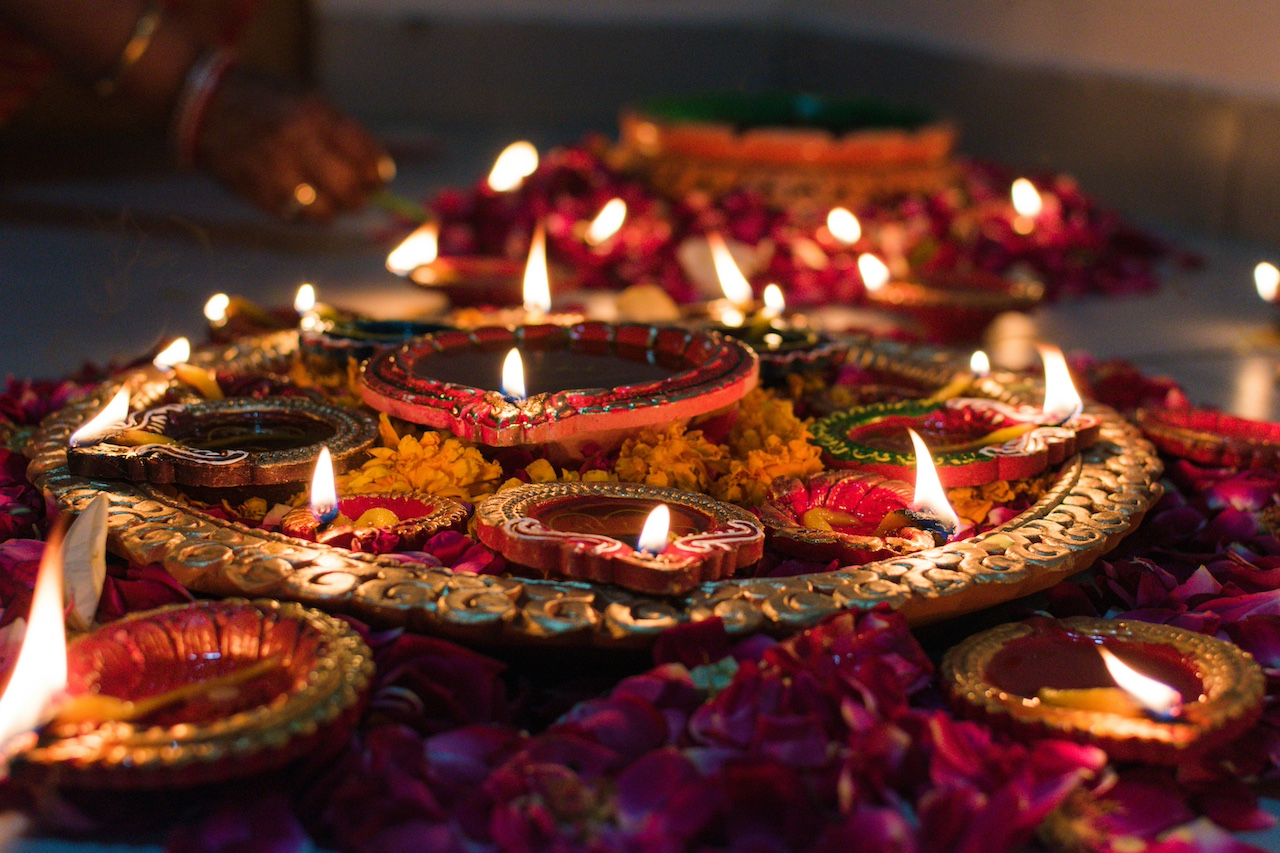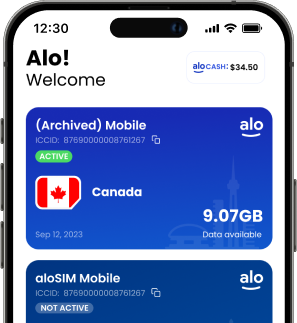Often referred to as the Festival of Lights, Diwali is one of the most significant and joyful festivals in Indian culture. Here’s a quick guide for westerners travelling to India who might not be familiar with this vibrant and colourful celebration.
What is Diwali?
An ancient Hindu festival, Diwali is celebrated for five days every autumn between the Hindu lunisolar months of Ashvin and Kartika, which tend to fall between mid-October and mid-November, to symbolize the victory of light over darkness (as well as good over evil, and knowledge over ignorance).
The story behind the Diwali festival
The festival of Diwali is steeped in rich mythology and legends. One of the most popular stories is from the epic Ramayana, which tells of the return of Lord Rama to his kingdom after 14 years of exile and his victory over the demon king Ravana, who the gods had declared the purpose of his birth. The people of Ayodhya, his kingdom, lit oil lamps to celebrate his return while symbolizing triumph of good over evil.
How is Diwali celebrated?
While there are some variations in how Diwali celebrations might look throughout India and Indian communities of the world, here are some of the shared traditions:
- Lamps and Candles: Homes, temples, and other public spaces are illuminated by oil lamps, candles, and fireworks to drive away darkness and evil spirits.
- Decorating: Intricate patterns made from coloured powders, rice, or flower petals, known as Rangoli, can be found to adorn the floors of homes or public spaces.
- Food: What’s a festival without the food? Some of the popular treats to find at Diwali celebrations include laddoos, barfis, and samosas.
- Prayer: Known as Puja, families celebrating Diwali will perform religious rituals and offer prayers to deities like Lakshmi, the goddess of wealth, or Ganesha, the remover of obstacles.
- Gifts: Gifts or sweets are exchanged, symbolizing love and goodwill.
The five days of the Diwali festival
Diwali is spans five days of celebration, each of which offers its own unique significance:
- Dhanteras: Day 1 is the beginning of the festival and includes seeing many people cleaning their homes and buying gold and silver items.
- Choti Diwali: Day 2 involves decorating with rangoli and clay lamps.
- Lakshmi Puja: Day 3 is the main Diwali day, dedicated to worshipping Lakshmi and asking for blessings. Celebrations include candles and fireworks, and often a feast.
- Govardhan Puja: Day 4 includes visiting and exchanging of gifts. It also marks the beginning of the Hindu New Year.
- Bhai Dooj: Day 5 is a special celebration for siblings. Sisters pray for their brothers’ well-being, and brothers give gifts in return.
Why you should experience Diwali
Even if you’re not from a heritage that traditionally celebrates Diwali, experiencing the festival can be incredibly enriching. Get an aloSIM eSIM for India and prepare to discover cultural insight into Indian traditions, and values. Feel the unity of the celebrating community. Enjoy the dazzling lights, vibrant decorations, and delicious cuisine that make Diwali a feast for the senses and a joyous occasion in which you can partake.





